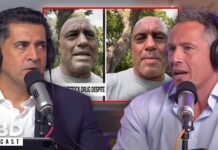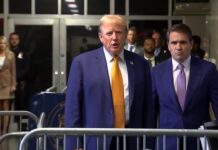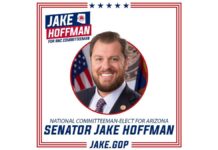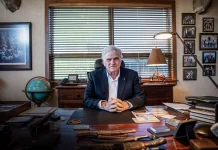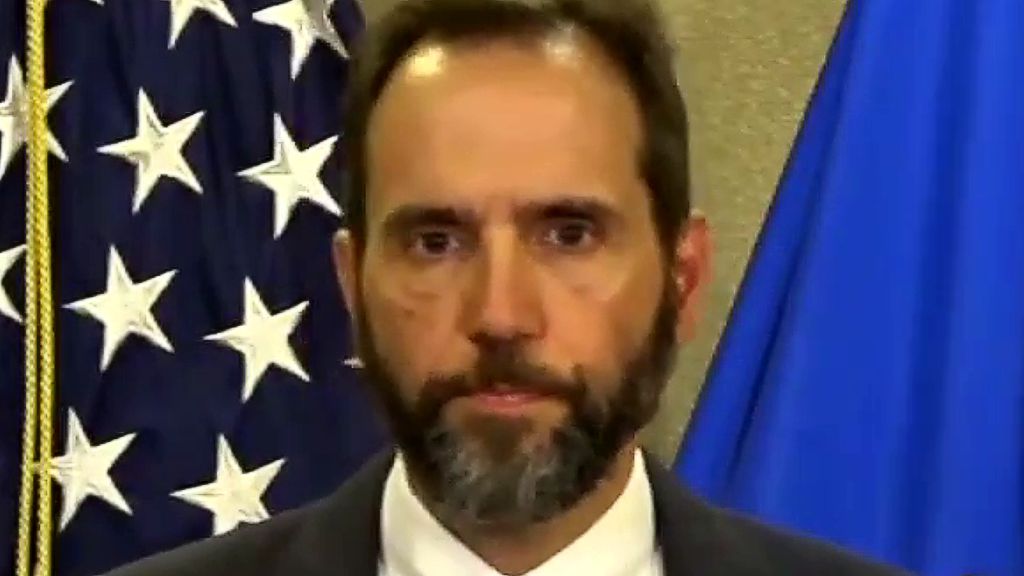It’s past time to put an end to one of the most destructive regimes in American law enforcement.
Few innovations in American law enforcement have done more damage than “independent” prosecutors. Independent and special counsels have upended every presidential administration that has encountered them. They have never yielded benefits commensurate with their costs. They should be abolished.
From my perch at the White House Counsel’s Office, I was a front-row observer of, and direct participant in, Robert Mueller’s investigation of Donald Trump. What I saw then confirmed to me the fatal flaws of the special-counsel regime—flaws that, by now, should be obvious to everyone.
The current special-counsel regulation dates to 1999, the year Congress allowed to expire the Ethics in Government Act of 1978, which inaugurated the role of independent counsel. That 1978 statute, a post-Nixon ethics reform, created “independent counsels” who, once appointed, wielded the “full power and independent authority to exercise all investigative and prosecutorial functions and powers of the Department of Justice.” These independent counsels reported to nobody, and they could only be removed for “good cause” and “by the personal action of the Attorney General.”
By the turn of the century, this regime had achieved bipartisan notoriety, spurring multiple Supreme Court cases, prompting perhaps Justice Antonin Scalia’s finest opinion (his solo dissent in Morrison v. Olson), and enabling the endless prosecutorial stalking of executive-branch officials.
Congress’s letting the independent-counsel statute expire should have ended the matter. Yet rather than make a clean break, the Department of Justice made a grave, if understandable, error. It adopted a regulation maintaining independent prosecutors but housing them within the Department of Justice under the supervision of the Attorney General. The department believed it was improving the lapsed statute by continuing to exempt these “special counsels” from the attorney general’s “day-to-day supervision,” while making such prosecutors—unlike independent counsels—ultimately answerable to the attorney general for their investigative and prosecutorial actions.
Experience has proved this system to be no better. For one thing, it does not solve the biggest problem with independent prosecutorial offices—that prosecutors and agents join teams dedicated to pursuing a specific person or group of people. In these supremely political investigations, people who are politically hostile to the investigatory target invariably jump aboard.



